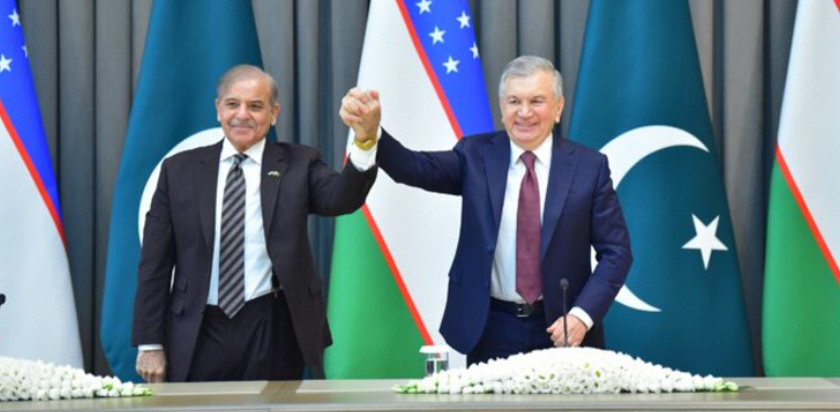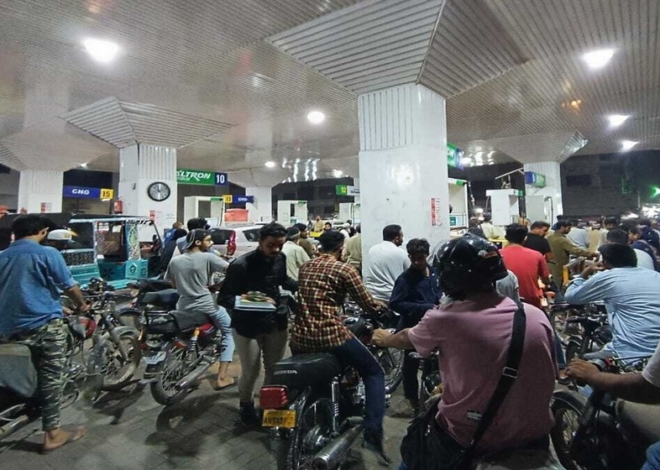
Pakistan and Uzbekistan Commit to Elevate Bilateral Trade to $2 Billion
Strategic Partnerships and Infrastructure Development at the Forefront
In a significant move to strengthen economic ties, Pakistan and Uzbekistan have pledged to boost their bilateral trade volume from the current $400 million to an ambitious $2 billion in the near future. This commitment was solidified during high-level discussions between Prime Minister Shehbaz Sharif and Uzbek President Shavkat Mirziyoyev in Tashkent.
Key Areas of Cooperation
The two nations identified several sectors to enhance collaboration:
- Investment: Encouraging mutual investments to stimulate economic growth and create job opportunities.
- Connectivity: Developing infrastructure projects to facilitate smoother trade routes and logistics.
- Tourism: Promoting cultural exchanges and tourism to strengthen people-to-people connections.
Trans-Afghan Railway Project
A cornerstone of the enhanced connectivity agenda is the Trans-Afghan Railway project. Prime Minister Sharif emphasized the transformative potential of this initiative, stating that it would be a “game changer” not only for Pakistan and Uzbekistan but for the entire region. The railway aims to provide a direct link between Central Asia and Pakistani seaports, significantly reducing transit times and costs.
Memoranda of Understanding (MoUs) Signed
To formalize their commitments, both countries signed multiple MoUs, including:
- City Partnerships: Establishing a sister-city relationship between Tashkent and Lahore to foster cultural and economic ties.
- News Agencies Cooperation: Facilitating the exchange of information and media content to enhance mutual understanding.
- Youth Affairs Collaboration: Engaging in joint programs to empower the younger population through education and skill development.
- Science and Technology Agreement: Promoting research collaborations and technological innovations.
Strategic Importance of Enhanced Relations
Strengthening ties between Pakistan and Uzbekistan holds strategic significance:
- Regional Stability: Collaborative projects can contribute to economic stability in Central and South Asia.
- Economic Diversification: Diversified trade partnerships reduce dependency on traditional markets and open new avenues for growth.
- Geopolitical Influence: Enhanced connectivity projects position both nations as pivotal players in regional trade dynamics.
Challenges and the Path Forward
While the prospects are promising, several challenges need addressing:
- Security Concerns: Ensuring the safety of infrastructure projects passing through volatile regions.
- Regulatory Harmonization: Aligning trade policies and regulations to facilitate seamless business operations.
- Financing Infrastructure: Securing funding for large-scale projects like the Trans-Afghan Railway requires coordinated efforts and investment.







